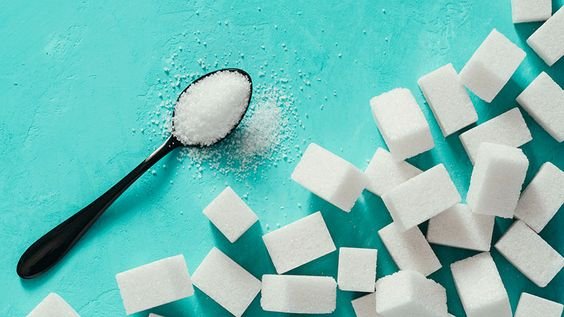Sugar, the sweet temptation that adds flavor to our lives, has become a silent health hazard. Excessive sugar consumption is linked to a host of health problems, including obesity, type 2 diabetes, heart disease, and dental issues. In this comprehensive guide, we will delve into the impact of sugar on health, explore the hidden sources of sugar in our diet, and provide practical tips to reduce sugar intake.
The Hidden Dangers of Sugar
While we are aware of the sugar content in sugary drinks and desserts, many of us are unaware of the hidden sources of sugar in our daily diet. Processed foods, such as cereals, bread, sauces, and condiments, often contain high amounts of added sugars. These hidden sugars can quickly add up, leading to excessive sugar consumption without us even realizing it.
The Health Consequences of Excessive Sugar Intake
Excessive sugar consumption can have serious health consequences:
- Obesity: Sugar is high in calories and low in nutrients. Consuming too much sugar can lead to weight gain and obesity.
- Type 2 Diabetes: High sugar intake can impair the body’s ability to regulate blood sugar levels, leading to type 2 diabetes.
- Heart Disease: Excessive sugar consumption can increase the risk of heart disease by raising blood pressure and cholesterol levels.
- Dental Problems: Sugar feeds bacteria in the mouth, leading to tooth decay and gum disease.
- Inflammation: Chronic inflammation is linked to various health problems, including heart disease, cancer, and Alzheimer’s disease. Excessive sugar consumption can contribute to inflammation.
Tips to Reduce Sugar Intake
Here are some practical tips to help you reduce your sugar intake:
1. Read Food Labels Carefully:
- Check for Added Sugars: Look for terms like high-fructose corn syrup, sucrose, glucose, fructose, and maltose.
- Choose Foods with Low Sugar Content: Opt for foods with low or no added sugars, such as fresh fruits, vegetables, and whole grains.
2. Limit Sugary Drinks:
- Cut Back on Soda and Juice: These drinks are often loaded with sugar.
- Drink Water: Water is the best beverage for hydration.
- Choose Unsweetened Tea and Coffee: Avoid adding sugar or sweeteners to your beverages.
3. Cook More at Home:
- Control Sugar Intake: When you cook at home, you can control the amount of sugar added to your meals.
- Experiment with Herbs and Spices: Use herbs and spices to flavor your food instead of sugar.
4. Eat More Fiber-Rich Foods:
- Fiber Slows Digestion: Fiber-rich foods, such as fruits, vegetables, and whole grains, can help slow down the absorption of sugar into the bloodstream.
- Choose Whole Fruits Over Juice: Whole fruits contain fiber, which helps regulate blood sugar levels.
5. Reduce Processed Foods:
- Opt for Whole Foods: Processed foods are often high in sugar, unhealthy fats, and sodium.
- Prepare Meals from Scratch: Cooking meals from scratch allows you to control the ingredients and avoid hidden sugars.
6. Be Mindful of Hidden Sugars:
- Check Sauces and Condiments: Many sauces and condiments, such as ketchup, barbecue sauce, and salad dressings, contain added sugars.
- Read Labels Carefully: Even seemingly healthy foods can contain hidden sugars.
7. Gradually Reduce Sugar Intake:
- Start Slowly: Abruptly cutting out sugar can lead to withdrawal symptoms.
- Make Gradual Changes: Gradually reduce your sugar intake over time.
8. Seek Professional Advice:
- Consult a Healthcare Professional: If you have concerns about your sugar intake or overall health, consult a healthcare professional.
- Consider a Registered Dietitian: A registered dietitian can provide personalized advice on reducing sugar intake and improving your overall diet.
By following these tips and making conscious choices, you can significantly reduce your sugar intake and improve your overall health. Remember, small changes can lead to big results.
